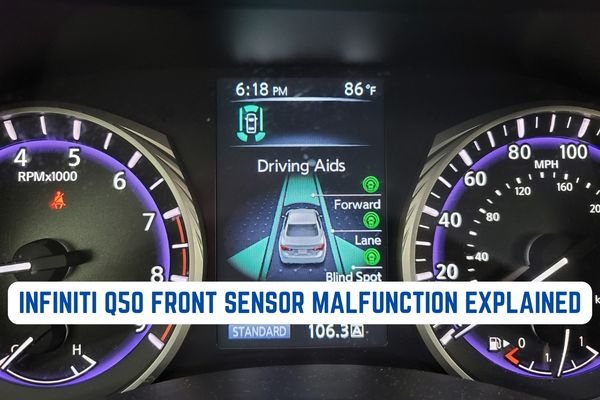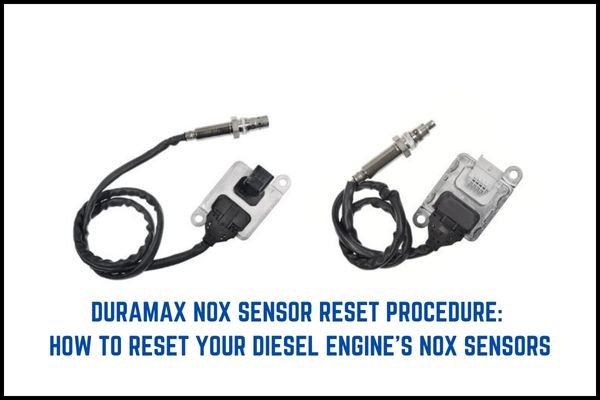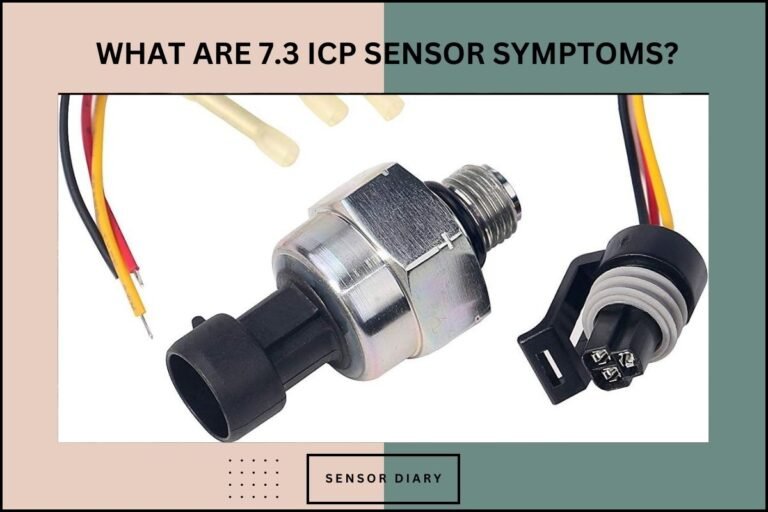P1101 Chevy Cruze: Everything You Need to Know
If you are a Chevy Cruze owner, you might have encountered the P1101 code at some point. This code relates to the Mass Air Flow (MAF) sensor and can affect your vehicle’s performance. This article will explore everything you need to know about the P1101 code and how to address it.
Table of Contents
What is the P1101 code?
The P1101 code is a diagnostic trouble code (DTC) indicating a problem with your Chevy Cruze’s MAF sensor. The MAF sensor measures the air flow entering the engine and provides this information to the engine control module (ECM). The ECM uses this information to adjust the air-fuel mixture for optimal performance.
Common causes of P1101 code in Chevy Cruze
Several factors can cause the P1101 code in your Chevy Cruze. One of the most common causes is a dirty or faulty MAF sensor. Other possible causes include a vacuum leak, a clogged air filter, or a malfunctioning ECM.
Symptoms of P1101 code in Chevy Cruze
If your Chevy Cruze has a P1101 code, you might experience symptoms such as reduced engine power, poor fuel economy, stalling, rough idle, or hesitation during acceleration.
How to diagnose the P1101 code in Chevy Cruze?

To diagnose the P1101 code in your Chevy Cruze, you will need an OBD-II scanner that can read DTCs. You can purchase or borrow one from an auto parts store or a mechanic.
Once you have the scanner, connect it to your vehicle’s OBD-II port, which is usually located under the dashboard on the driver’s side.
Tools needed for diagnosing
In addition to the OBD-II scanner, you might need some other tools to diagnose the P1101 code, such as a multimeter, a vacuum gauge, or a smoke machine. These tools can help you test the MAF sensor, the vacuum system, and other components that could be causing the problem.
A step-by-step process for diagnosing P1101 code
- Connect the OBD-II scanner to your vehicle’s OBD-II port.
- Retrieve the diagnostic trouble codes stored in the computer.
- Check the freeze frame data to determine the conditions under which the code was set.
- Inspect the Mass Airflow Sensor for any signs of damage or contamination.
- Test the Mass Airflow Sensor with a multimeter to determine if it functions properly.
- Check for any vacuum leaks using a vacuum gauge.
- Repair any damaged components or vacuum leaks that are causing the P1101 code.
- Clear the diagnostic trouble codes and test drive the vehicle to ensure the issue is resolved.
Diagnosing and repairing this code can be challenging, especially for those who do not have experience working on vehicles. If you are unsure about how to diagnose or repair the P1101 code in your Chevy Cruze, it’s best to seek the assistance of a qualified mechanic.
How to repair the P1101 code in Chevy Cruze
Once you have identified the cause of the P1101 code, you can proceed to repair it. In most cases, the solution is to replace or clean the MAF sensor or to fix the vacuum leak. You can also check the air filter and replace it if necessary.
DIY repairs for P1101 code
You can perform DIY repairs for the P1101 code in your Chevy Cruze if you have mechanical skills and the right tools. For example, you can clean the MAF sensor with a special cleaner or replace it with a new one. You can also fix small vacuum leaks with silicone sealant or replace the damaged hoses.
Professional repairs for P1101 code
If you are uncomfortable performing DIY repairs or the problem is more complex, it is best to take your Chevy Cruze to a professional mechanic. They can diagnose the problem accurately and repair it using the right tools and techniques.
How much does it cost to fix P1101?
The cost of fixing the P1101 code in a Chevy Cruze can vary depending on the cause of the issue and whether you choose to fix it yourself or take it to a professional mechanic. If the issue is something as simple as a dirty mass airflow sensor that just needs cleaning, the cost may be minimal, with only the cost of a can of cleaner required.
However, if the issue is more complicated, such as a damaged or faulty sensor, the cost could range from $200 to $500 or more, including parts and labor. Getting an estimate from a trusted mechanic before proceeding with any repairs is always a good idea.
Tips for preventing P1101 code in Chevy Cruze
Regular maintenance is the best way to prevent the P1101 code from appearing in a Chevy Cruze. This includes regular oil changes, air filter replacements, and tire rotations. It is also important to keep an eye on the vehicle’s performance and address any issues promptly.
Common mistakes that cause P1101 code and how to avoid them
One common mistake that can cause the P1101 code to appear is using low-quality replacement parts. When replacing engine components, it is important to use high-quality parts compatible with the Chevy Cruze.
The conclusion from the author
In conclusion, the P1101 code is a common issue that Chevy Cruze owners may face. The code indicates a problem with the mass airflow sensor in the vehicle’s engine. It is important to address the issue promptly as it can impact the car’s performance and fuel efficiency.
We have also provided tips for preventing the code from occurring and answered frequently asked questions about the issue. By following the steps outlined in this article, you can successfully diagnose and repair the P1101 code in your Chevy Cruze, or prevent it from occurring altogether with regular maintenance. Don’t ignore the warning signs and take action to keep your vehicle running smoothly.
Some related FAQs
What is the code P1101 after oil change?
Thank you for getting in touch with Your Mechanic. The mass airflow sensor (MAF) is outside of its self-test range, as indicated by the code P1101. Verify that the sensor’s clamps are securely fastened. This code will appear if there is a tiny air leak near the sensor.
Is a P1101 code serious?
While a P1101 fault code often does not stop a car from running, it can make it run erratically, lose power, and even use more fuel. As soon as feasible, this code should be updated because continuing to drive with it stored could cause internal engine issues.




